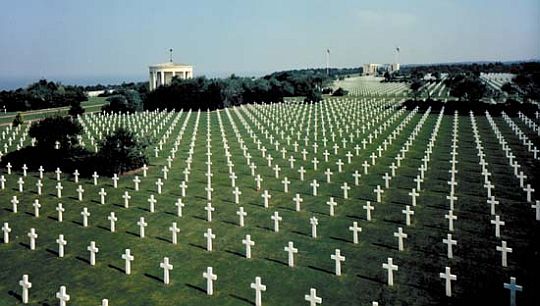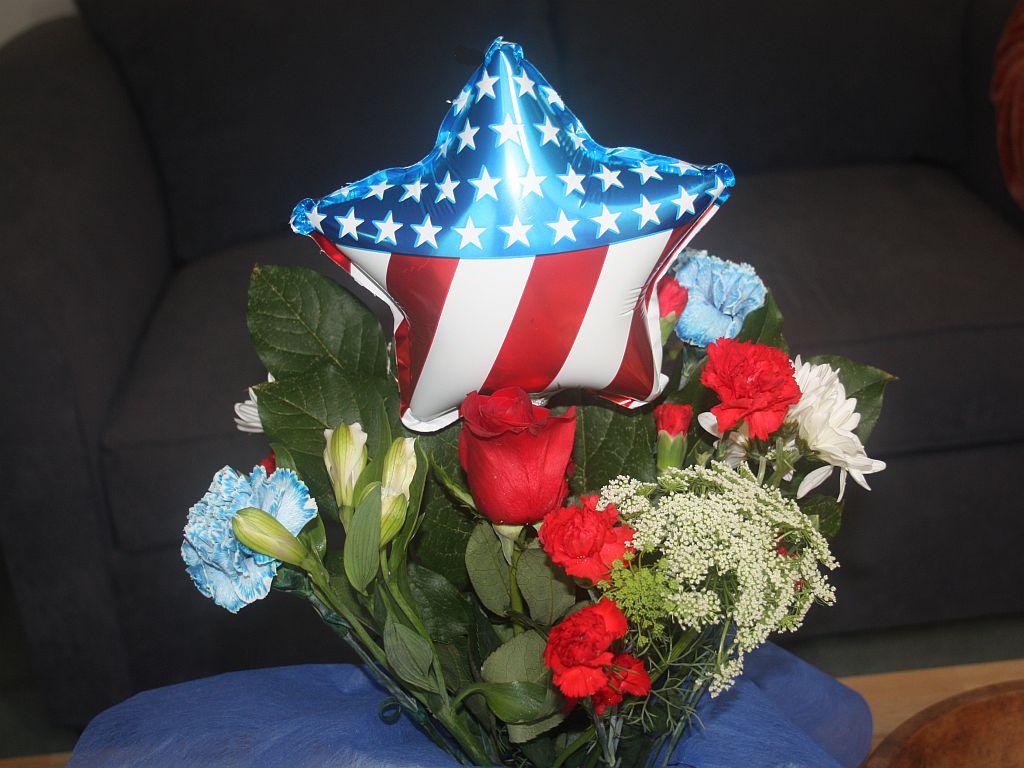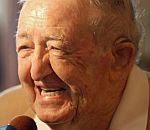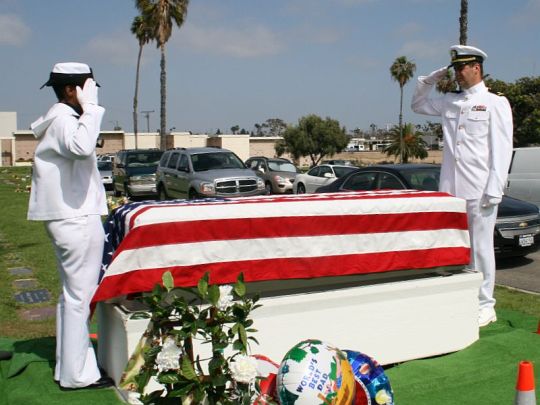Just like “Rosie the Riveter,” folks like Jerry got us through some pretty tough times and kept us safe and free. God bless him in retirement.
Huben’s career at Northrop gave him an intimate view of the aerospace industry from the days when it was dominated by propeller-driven aircraft to the current age of stealthy flying wings.
After receiving a one-year certificate in engineering, Huben took a riveting job with what was then called Northrop Aircraft Co. in Hawthorne. That was Nov. 10, 1941, two years after Jack Northrop founded the business.
Huben was 20 years old.
He had wanted to work as an engineer, but Northrop didn’t have many engineering openings, he recalled.
About three weeks later, the surprise attack on Pearl Harbor changed America and the direction of Huben’s career.
He transferred to Northrop’s engineering department as the nation’s aerospace industry kicked into high gear.
“After that, things really took off,” Huben said. “The company was running round the clock, 24 hours a day, seven days a week. In engineering, we worked 10 hours a day, six days a week.”
Huben said a hearing impairment kept him out of the war.
America’s involvement in World War II also motivated Huben in his job.
“I felt compelled very much to give it (my) all and follow my imagination and dedication to helping the war (effort),” he said.
Among the planes Huben worked on were the P-61 Black Widow, T-38 Talon, F/A-18 Hornet and B-2 Spirit, which is a flying wing virtually invisible to radar.

 I would like to call your attention to a current activity regarding the 10th anniversary of the tragic events of 9/11/2001. A group of California firefighters have launched their “
I would like to call your attention to a current activity regarding the 10th anniversary of the tragic events of 9/11/2001. A group of California firefighters have launched their “

 After 68 years on the job, 88 year old Jerry Huben is calling it quits. During his career in aircraft engineering, Jerry contributed to the effort in every war since WW2. In doing so, he is just as heroic as many that were on the front lines.
After 68 years on the job, 88 year old Jerry Huben is calling it quits. During his career in aircraft engineering, Jerry contributed to the effort in every war since WW2. In doing so, he is just as heroic as many that were on the front lines.
